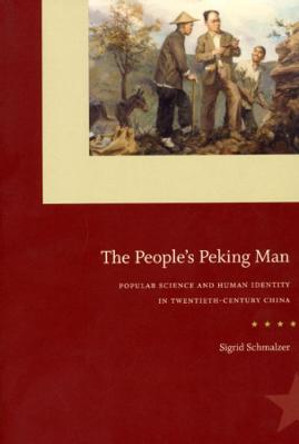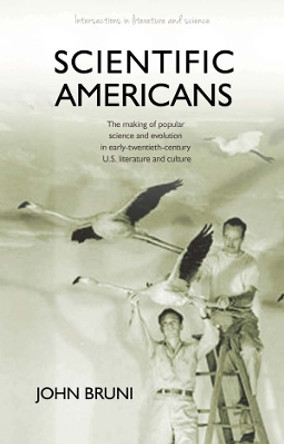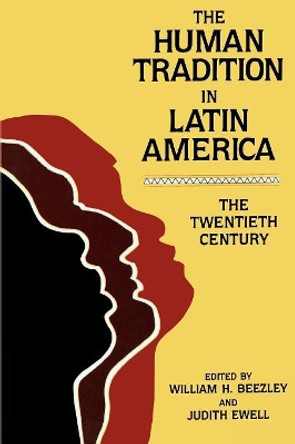Description
A historian of science examines key public debates about the fundamental nature of humans to ask why a polarized discourse about nature versus nurture became so entrenched in the popular sciences of animal and human behavior.
Are humans innately aggressive or innately cooperative? In the 1960s, bestselling books enthralled American readers with the startling claim that humans possessed an instinct for violence inherited from primate ancestors. Critics responded that humans were inherently loving and altruistic. The resulting debate-fiercely contested and highly public-left a lasting impression on the popular science discourse surrounding what it means to be human.
Killer Instinct traces how Konrad Lorenz, Robert Ardrey, and their followers drew on the sciences of animal behavior and paleoanthropology to argue that the aggression instinct drove human evolutionary progress. Their message, spread throughout popular media, brought pointed ripostes. Led by the anthropologist Ashley Montagu, opponents presented a rival vision of human nature, equally based in biological evidence, that humans possessed inborn drives toward love and cooperation. Over the course of the debate, however, each side accused the other of holding an extremist position: that behavior was either determined entirely by genes or shaped solely by environment. Nadine Weidman shows that what started as a dispute over the innate tendencies of animals and humans transformed into an opposition between nature and nurture.
This polarized formulation proved powerful. When E. O. Wilson introduced his sociobiology in 1975, he tried to rise above the oppositional terms of the aggression debate. But the controversy over Wilson's work-led by critics like the feminist biologist Ruth Hubbard-was ultimately absorbed back into the nature-versus-nurture formulation. Killer Instinct explores what happens and what gets lost when polemics dominate discussions of the science of human nature.
About the Author
Nadine Weidman is Lecturer on the History of Science at Harvard University and teaches in the Psychology Department at Boston College. She is the author of Constructing Scientific Psychology, coauthor of Race, Racism, and Science: Social Impact and Interaction, and editor of the journal History of Psychology.
Reviews
Informative, accessible, and filled with fascinating portraits of her large cast of characters, Weidman's book makes an important contribution to our understanding of how ideas about nature and nurture were constructed, contested, and disseminated in the United States between the 1950s and 1980s. -- Glenn C. Altschuler * Psychology Today *
Weidman deserves praise for her rigorous historiography. The book reads so well and smoothly that it could be approached by anyone...[An] excellent piece of scholarship. -- Alejandro Fabregas-Tejeda * H-Net Reviews *
Weidman masterfully examines the quest for humankind's innate, biological nature in the years following the Second World War. With compelling scientific storytelling, the author chronicles how charismatic individuals shaped selective scientific findings into a bloody vision of aggressive Homo sapiens in the public mind. It is as much a rich historical account as it is a cautionary tale, considering the virality of current distortions of science. -- B. Natterson-Horowitz * Quarterly Review of Biology *
Nadine Weidman has written a brilliant and elegant book. If you've ever wondered about the real reasons human beings act one way or another-and why this search for our root instincts has maintained persistent prominence throughout time-you now have the ideal guide. -- Rebecca Lemov, author of Database of Dreams: The Lost Quest to Catalog Humanity
With exceptional scholarship and a compelling narrative, Nadine Weidman reveals how the science of an essentialized 'human nature' was constructed, popularized, and fought over in the 1950s through the 1980s. Focusing on the work of Konrad Lorenz, Ashley Montagu, Robert Ardrey, E. O. Wilson, and Ruth Hubbard, Weidman provides an important new understanding of the history of instinct, aggression, and 'popular science.' -- Andrew S. Winston, Professor Emeritus, University of Guelph
Book Information
ISBN 9780674983472
Author Nadine Weidman
Format Hardback
Page Count 368
Imprint Harvard University Press
Publisher Harvard University Press








